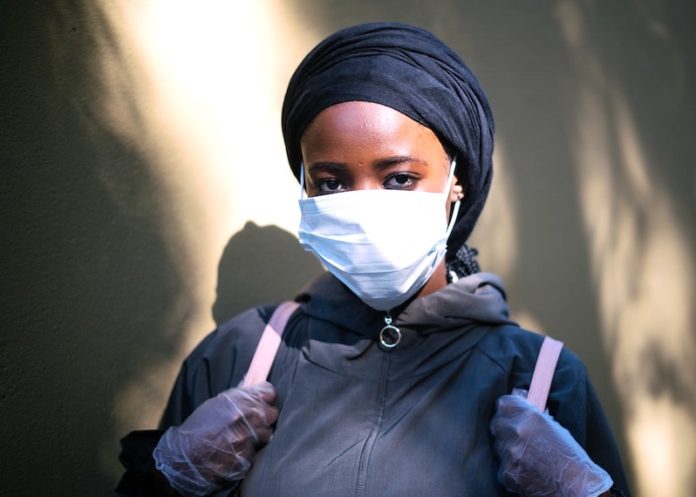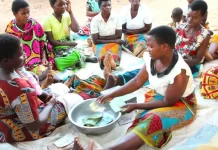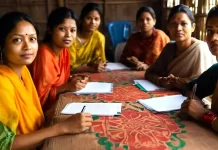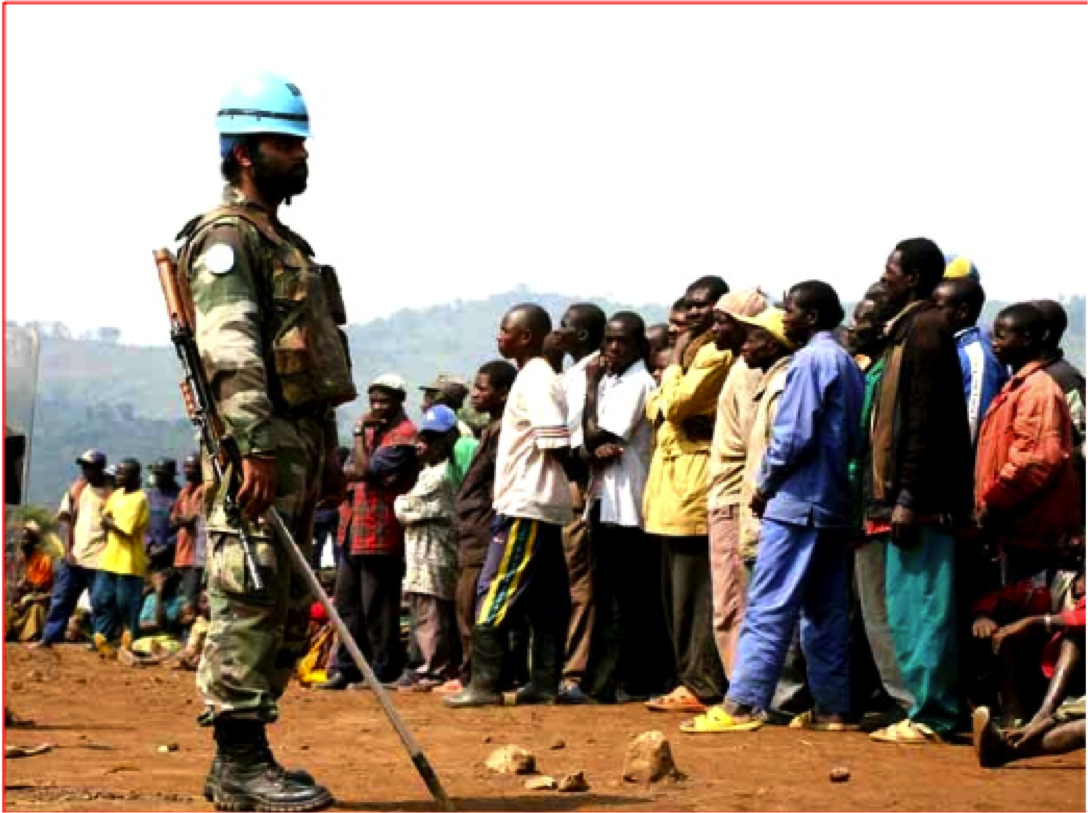
Decades of progress on gender equality is under threat from the COVID-19 pandemic, says aid organisation CARE.
A report released by CARE today exposes the devastating and disproportionate impact the coronavirus pandemic is having on women entrepreneurs living in poverty. In Sri Lanka, 90% of women entrepreneurs part of the aid agency’s programmes say their income has decreased and their supply chains are disrupted. In Guatemala, 96% do not have enough money to buy basic food items and 96% say the crisis has increased unemployment in their community. Many of these women are now on a precipice, at risk of falling straight back into poverty.
The newly-launched Women Mean Business Global Report reveals new data showing daily enterprise earnings of programme participants increased by an average of 91% across all countries. The report claims that through CARE’s Women in Enterprise programme, funded by the H&M Foundation, almost 270.000 women have been supported since 2014, including through improved business conditions and access to funds and skills.
See Also: Climate Change is About Women
Despite growing up hungry or with no education, women across the globe have shown themselves to be astute in business, with their success meaning they are able to support their families and even elevate whole communities out of poverty, says CARE. But this progress is now under threat.
“The international COVID-19 response needs to include a strong focus on the economic justice and rights of women,” says Reintje van Haeringen, Chief Executive of CARE Netherlands. “We will not stand by and watch decades worth of progress on fighting poverty and gender equality lost through this crisis. Not only do we need to invest in resources to support women, but we also need to help change entrenched social beliefs by working together with men.”
“Coronavirus hit us hard at the start as we are so dependent on the export market,” says Sharmini, who runs a small factory processing coconut husks in Sri Lanka. “We had to completely stop production, we had no income and I had large amounts of stock I could not sell. I feared that my business would completely collapse and I was worried about not being able to pay my staff. Now we are diversifying and building a more local customer base. We are also developing new products.”
Despite the disastrous impact of COVID-19, this is not the first time many of these women have faced a crisis. Many have coped with civil war, the Ebola epidemic, or natural disasters. Women entrepreneurs are resilient and are already identifying ways to adapt and diversify their businesses to get through the pandemic.
“Investing in women is one of the most efficient ways to drive positive change and economic prosperity,” adds Diana Amini, Global Manager at the H&M Foundation.
Pre COVID-19 the World Economic Forum predicted that it would take 257 years before there was economic parity between men and women. This will no doubt be pushed even further back as a result of the global pandemic.











This is sad. COVID is going to undo a lot of things. Domestic violence and suicides are rising everywhere. And we are yet to see how climate change will blow everything up.